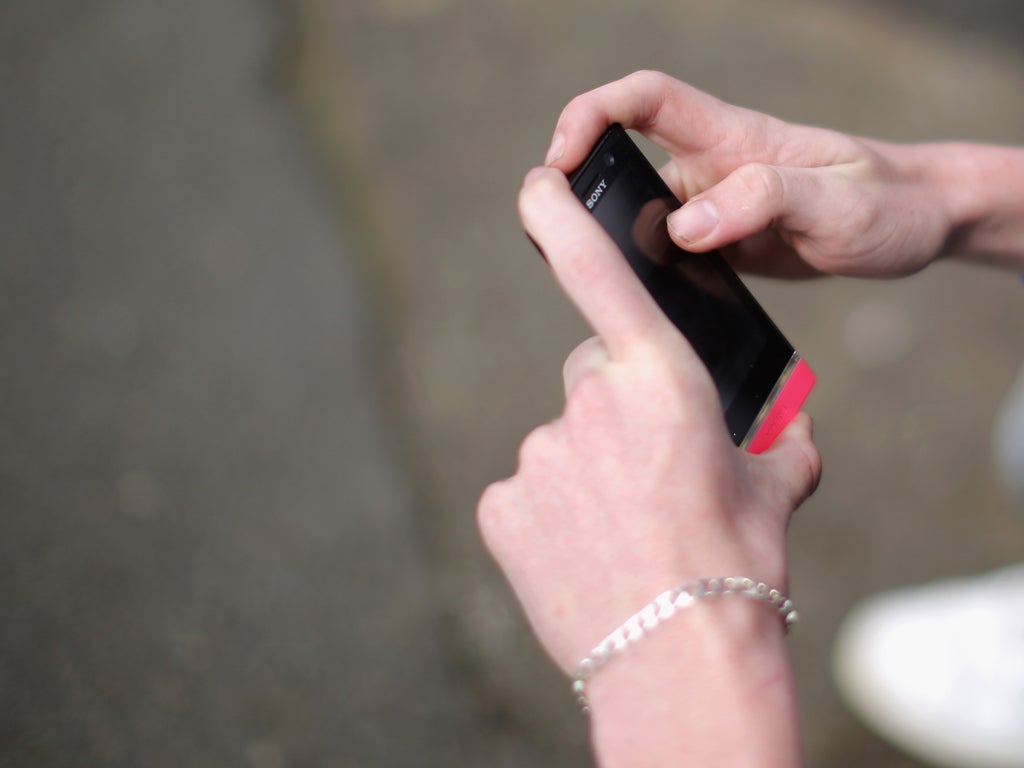Debrett's, modern manners, and ‘phubbing’
A poll released by Debrett's shows that there is a general decline in the nation's social skills and manners - but I tend to disagree


Since 1769, the publishing house Debrett's has been the self-appointed guardian of the nation's manners. Or, as proclaimed on the website, Debrett's is the “authority on all matters of etiquette, social occasions, people of distinction and fine style”. Over the years, all sorts of helpful advice has been dispensed to the nation, like, for instance, the correct way to address a viscountess (and what to put on a place card should she come for dinner), the right shoes to wear for an afternoon at the polo, and why discussing money in a social setting is strictly verboten (itals).
But Debrett's, whose reputation was built on the authority of its genealogical guide to the British aristocracy, have made impressive efforts to keep pace with modern times, and they now give counsel on how to negotiate modern methods of communication with, as they say, "style and aplomb". I know what you're all thinking - LOL. And certainly some of the advice does not require an etiquette expert to work out. "Messages of condolence sent by text are the ultimate faux-pas" (ital) is one such insight. Really? I thought "Sorry 4 ur loss" was the perfect way to convey my sympathy to a grieving relative.
I suppose the fact that the people at Debrett's feel the need to point this out supports their overarching view, supported by the results of a poll they released yesterday, that there is a general decline in the nation's social skills and manners, and that mobile phones in particular are blamed for encouraging rudeness. It's hard to disagree with this latter point, and the new phenomenon of "phubbing" - looking at your mobile phone while someone is talking to you - is an especially egregious facet of modern behaviour.
This is another example of how the mobile phone has made it increasingly difficult for people to live in the moment. I was having a drink with a friend the other day, and in the middle of what I thought was an amiable conversation, he expressed violent anger. Nothing to do with me: he was reading a text from his lawyer while I was talking. I considered myself well and truly "phubbed", and it's not pleasant. There is gathering momentum in the movement against "phubbing" and we can only hope that, one day, it becomes as socially unacceptable as lighting up a Marlboro without seeking permission.
In general, however, I'd take issue with Debrett's. I find that, in my daily encounters, people have rather good manners. On the bus, or on the Tube, I largely see helpfulness and politeness: someone offering up a seat, a commuter patiently explaining to a tourist how to get to Hyde Park, and a much greater sensitivity to the disabled. There may be several reasons for this - we would hope to be, after all, a more evolved society - but I believe it's something to do with a new culture of openness, exemplified bytoday's obsession with public announcements. Wherever we are, we're never far from a Tannoy voice apologising for something, explaining why a delay has occurred, or just giving helpful information. It may be annoying when you're trying to read a book, but I think it's helped turn us into nicer people.
Join our commenting forum
Join thought-provoking conversations, follow other Independent readers and see their replies
0Comments